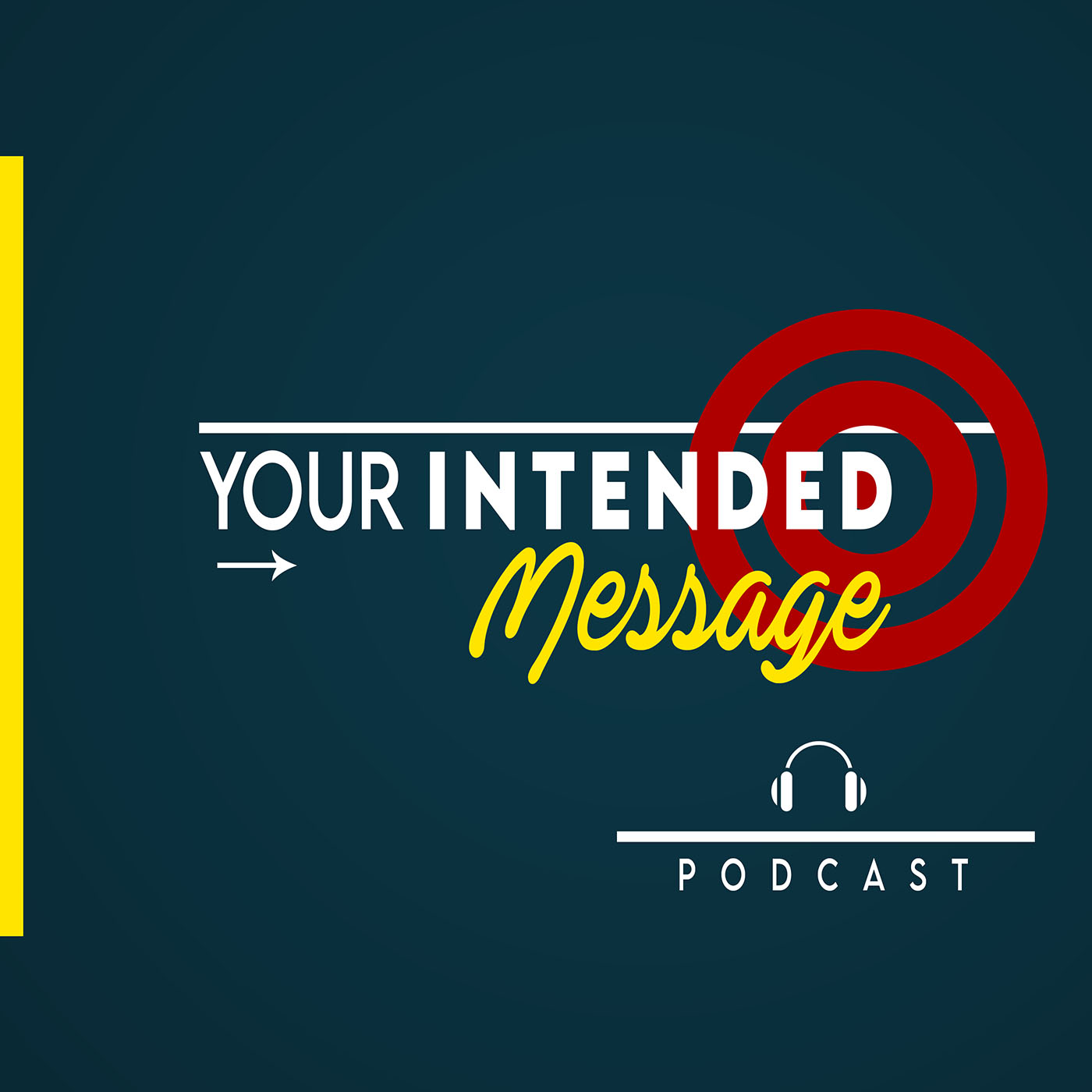
Episode 119 (Don is based in San Francisco)
In this conversation with Don Colliver, we explore:
About Don Colliver
Don Colliver teaches popular public speaking courses internally at Google and around the world; leads improv, clown, and sketch comedy classes for the Berkeley Rep School of Theatre; and speaks professionally for Fortune 500 companies including Adobe, Cisco, and Medtronic.
Don has performed with the Blue Man Group, toured internationally as a theatrical Clown for contemporary circus Spiegelworld, and is listed in the Cirque du Soleil performer database.
Get your free copy of the exercise here. https://www.doncolliver.com/engage
-----
Excerpts from this conversation with Don Colliver
That is fascinating, Don, because what I'm hearing is that we want you to be good, we want you to be prepared, we want you to show up and ready to present and we want you to be the best that you can.
And if we see that you put in that effort, then we forgive a flaw or mistake. However, we will not forgive when you are not prepared.
07:38
A well put and I will take it even further. Forgive makes it sound like you're like I'm going to ignore that. I found that a small bobble actually gets the audience more on your side, if you're properly prepared, it makes them and that's what the clown that's what I mean by the clown element.
A basic structure of a clown Act is the clown comes out, ready to deliver something to the audience very excited, full of hope. Of course something goes wrong. The clown shares the vulnerability; the clown is vulnerable to the audience like that did not go as I planned.
No problem, I'm going to keep trying. And the audience is like okay, and then the clown of course, has another mistake, another failure even more extravagant.
And this continues on this pattern continues on the audience gets more and more on the side of the clown. Until usually in a clown bit the clown fails into some sublime unintended beauty.
This is not presentation this is this is where it diverts from what we're talking about. I'm just saying, if you are prepared enough, if you are properly prepared, a little bit of humanity will actually get the audience on your side.
-----
But two of those times I do a very specific method. One time, I will go through my presentation, and I'll do extremely big body movements. Like crazy, I'll close the door, no one can see me I'll pull the shades down. So it's, it's private.
And, and I'll like wave my hands around, I'll jump on the couch, I'll crawl on the ground. Depending upon what I'm talking about. Just as much as I can, I'll use my entire body.
Of course, you never do this in the real presentation. But what it's going to leave a residual amount of appropriate movement, because you'll end up finding that you are acting crazy during the most important and emphatic parts of your presentation, it will just kind of sort out. You don't have to script it, it'll just happen.
The second one is do the same thing. But with vocal variety. Again, close the door, pull the shades down, make sure nobody's watching.
But really talk up and down and whisper and light and yell and really hit your points hard. And again, you won't speak like that during the presentation. But the residual will be your voice.
We'll have a lot more interesting vocal variety when you give that presentation that wasn't there before. A lot of folks, non native speakers struggle and ask how can I help my vocal variety? This is a tip I often throw their way of practice.
Let's have fun!
-----
----more----
Your Intended Message is the podcast about how you can boost your career and business success by improving your communication skills. We’ll examine the aspects of how we communicate one-to-one, one to few and one to many – plus that important conversation, one to self.
In these interviews we will explore presentation skills, public speaking, conversation, persuasion, negotiation, sales conversations, marketing, team meetings, social media, branding, self talk and more.
Your host is George Torok
George is a specialist in executive communication skills. That includes conversation and presentation. He’s fascinated by way we communicate and influence behaviors. He delivers training and coaching programs to help leaders and promising professionals deliver the intended message for greater success.
Connect with George
www.SpeechCoachforExecutives.com
https://www.linkedin.com/in/georgetorokpresentations/
https://www.youtube.com/user/presentationskills
https://www.instagram.com/georgetorok/
For weekly tips to improve your presentations visit

 Right Speaker, Right Audience, Right Time: Martin Perelmuter
Head & Heart: The Formula for Audience Connection
Motivation vs. Information: Wh
Right Speaker, Right Audience, Right Time: Martin Perelmuter
Head & Heart: The Formula for Audience Connection
Motivation vs. Information: Wh
 From Disney to Design Thinking: Creating Fresh Thinking for Big Ideas: Lee Kitchen
Scoping, Empathy, Ideation: A Structured Process for Innovation
Innovation Catal
From Disney to Design Thinking: Creating Fresh Thinking for Big Ideas: Lee Kitchen
Scoping, Empathy, Ideation: A Structured Process for Innovation
Innovation Catal
 Logic vs Emotion in Marketing: Brian Kurtz Breaks it Down
Direct Mail Discipline in the Age of Email Marketing
Over Deliver: Building a Bu
Logic vs Emotion in Marketing: Brian Kurtz Breaks it Down
Direct Mail Discipline in the Age of Email Marketing
Over Deliver: Building a Bu
 Why People Don't Hear What You Meant to Say?
The Static in Your Message
How Unintended Signals Sabotage Communication
Episode
Why People Don't Hear What You Meant to Say?
The Static in Your Message
How Unintended Signals Sabotage Communication
Episode